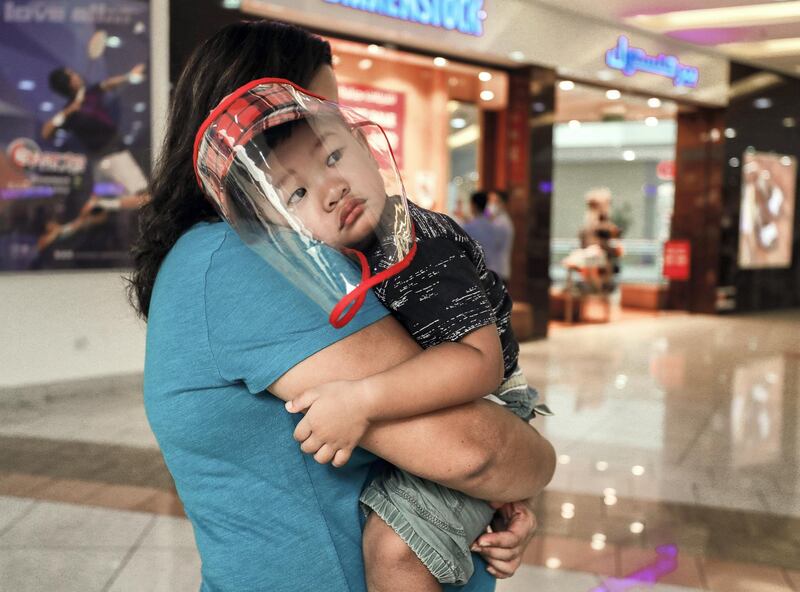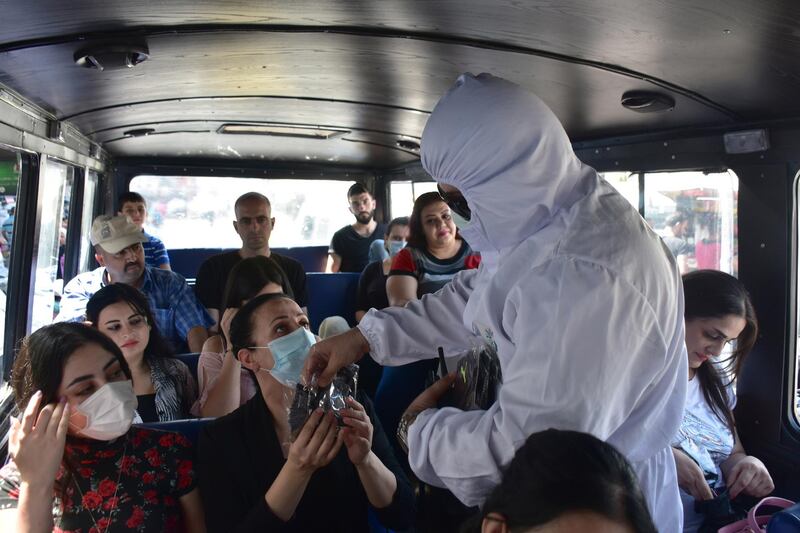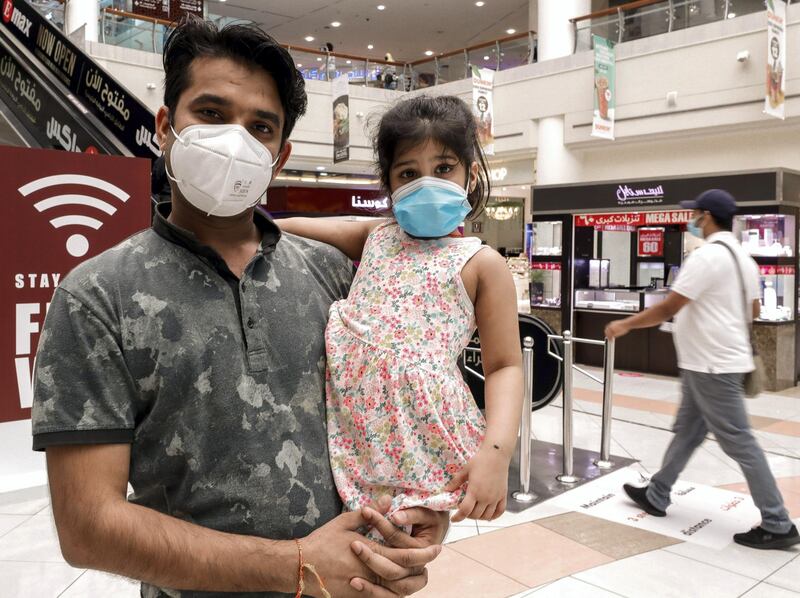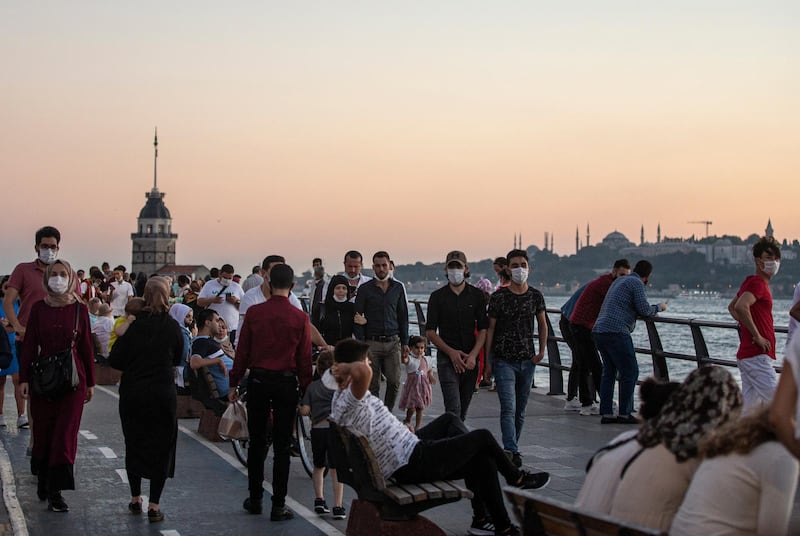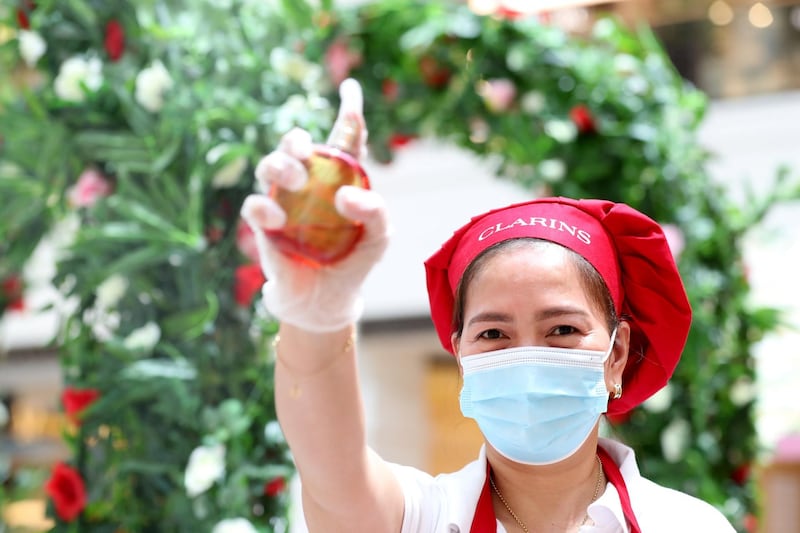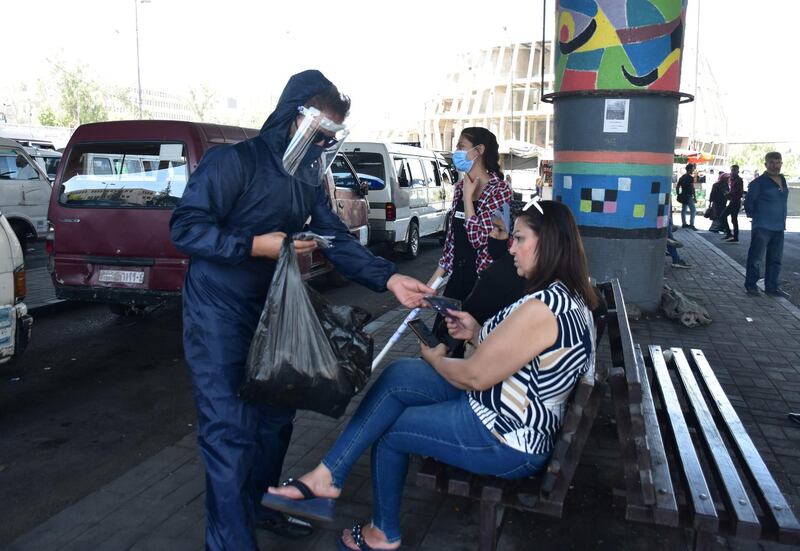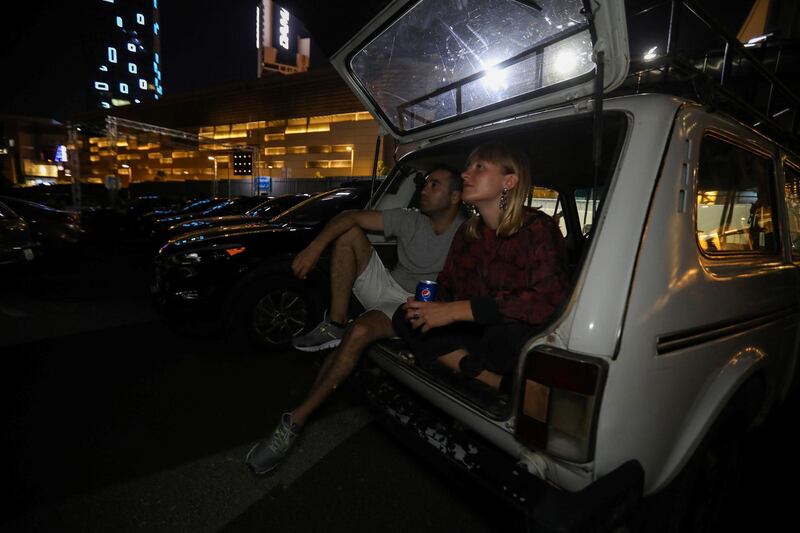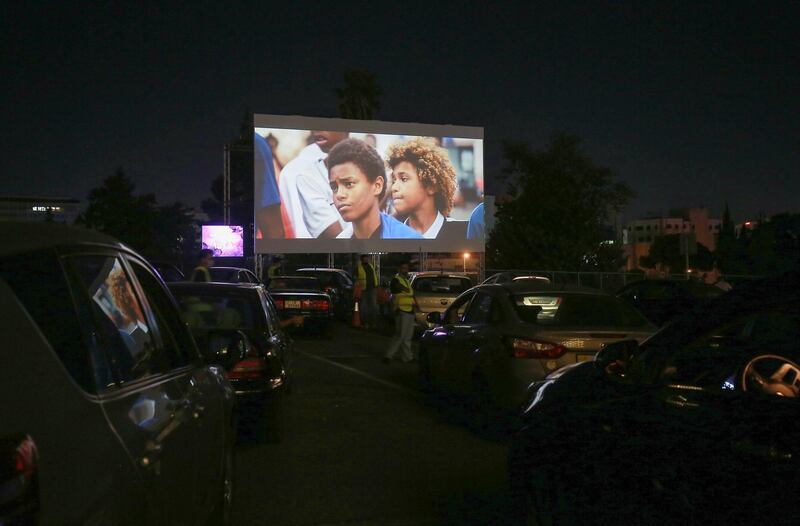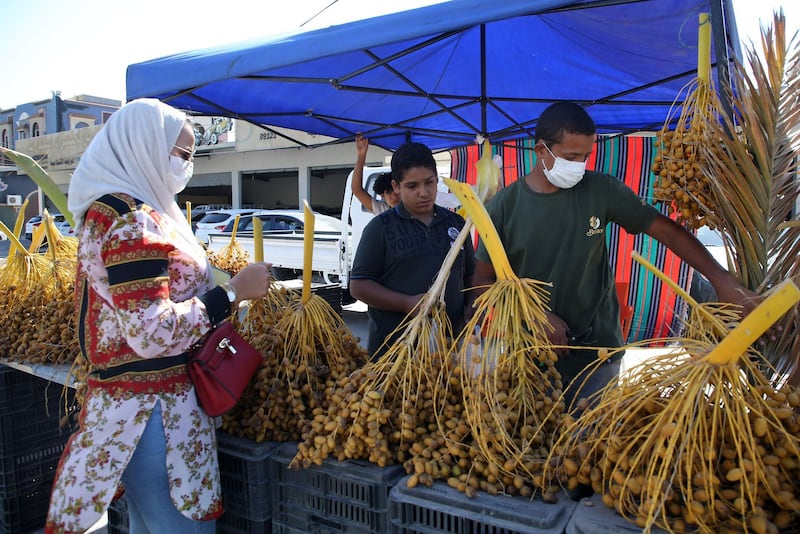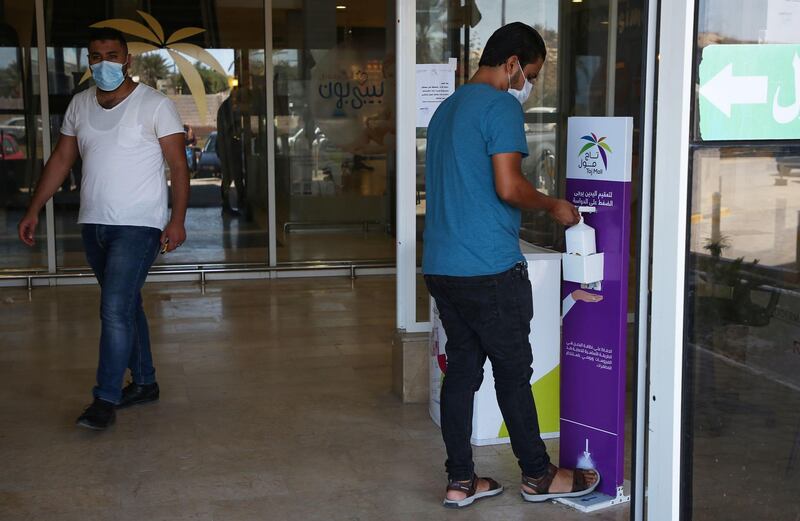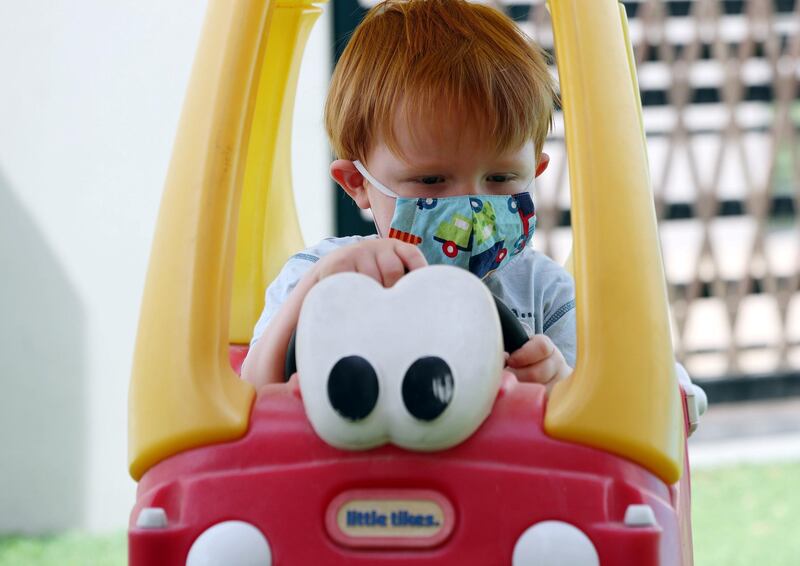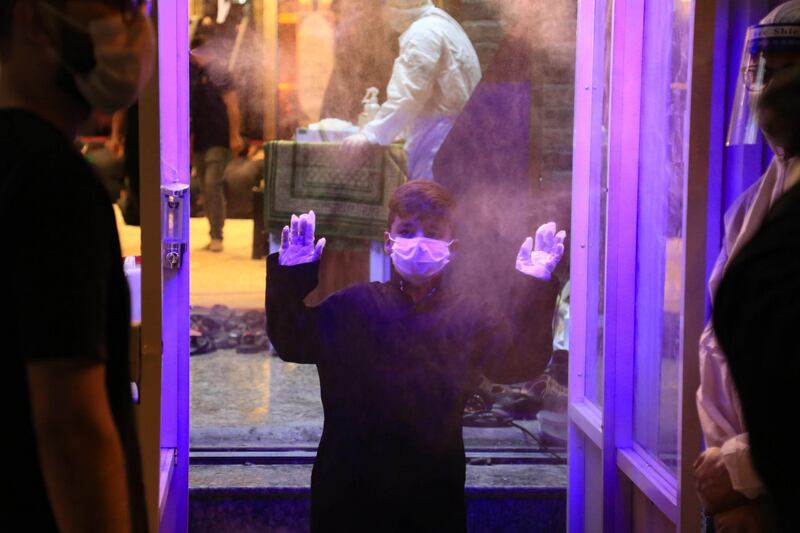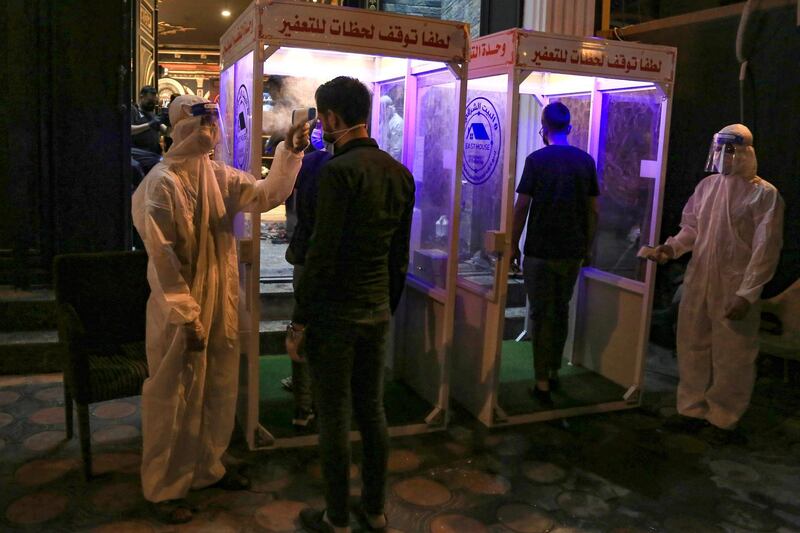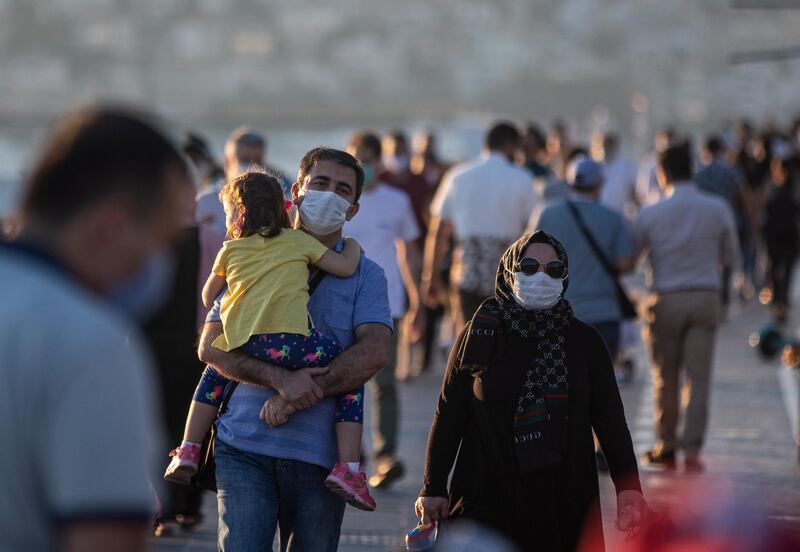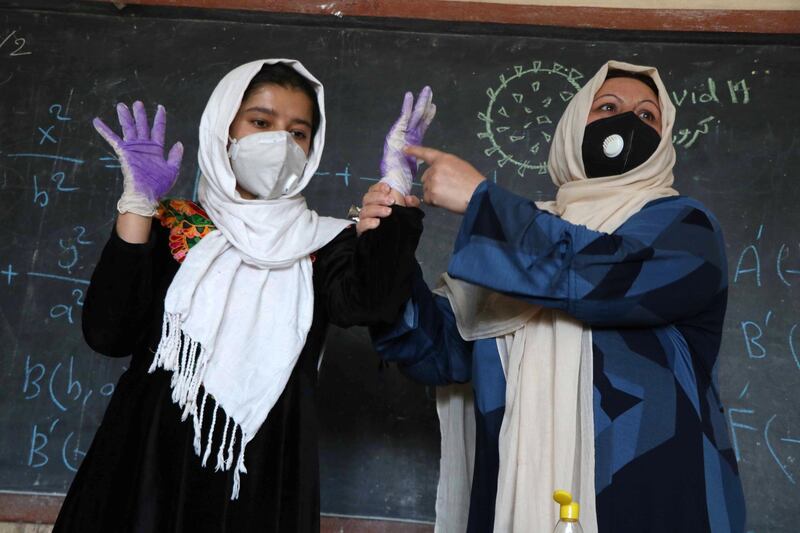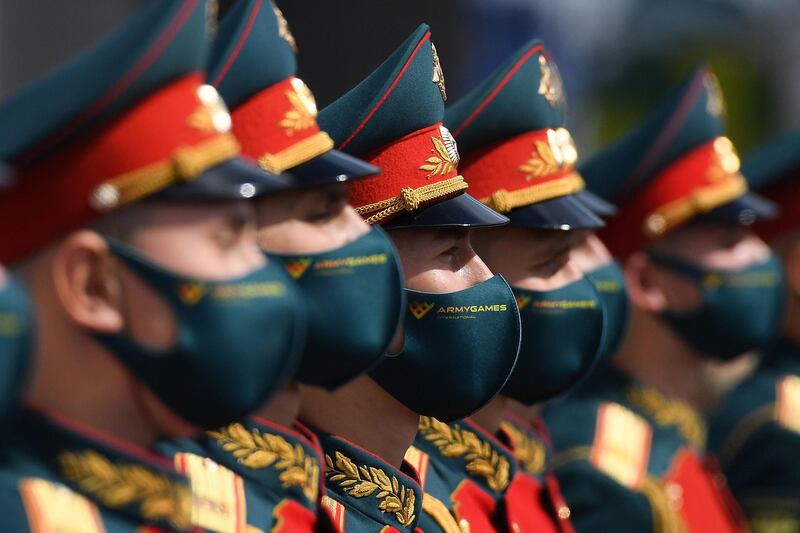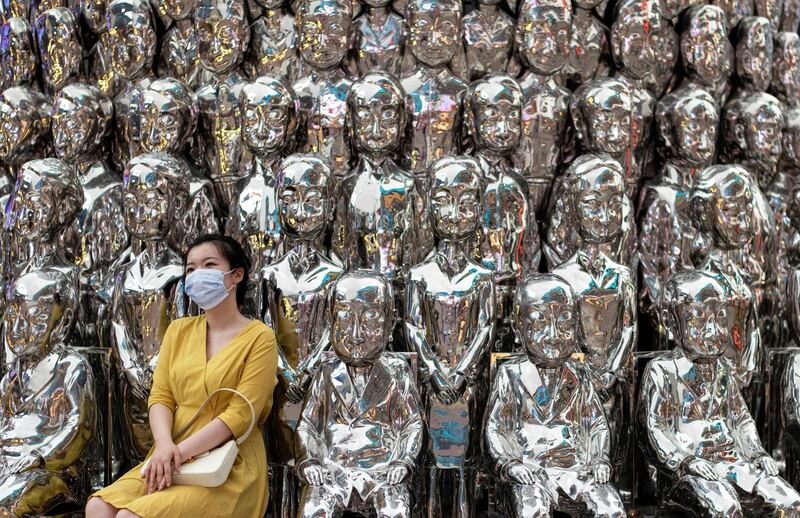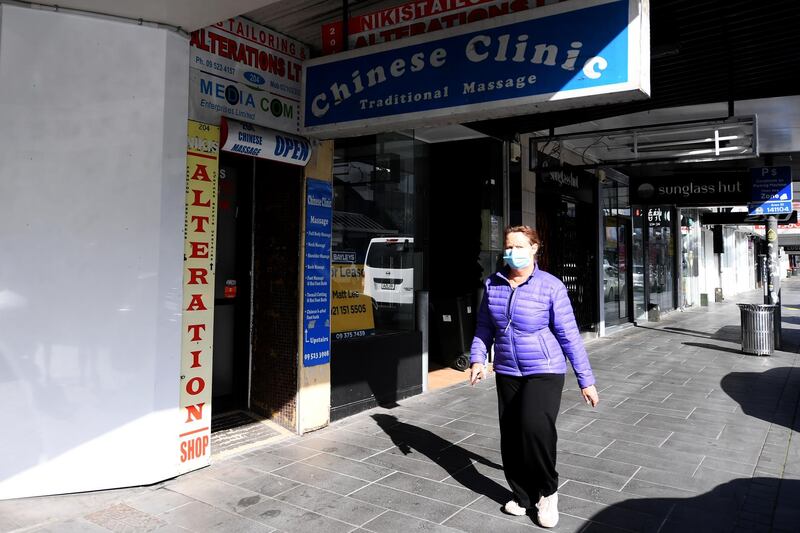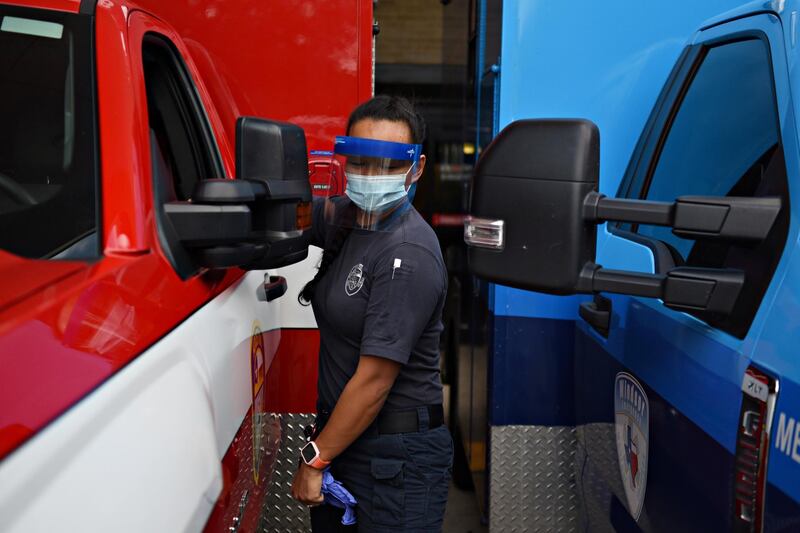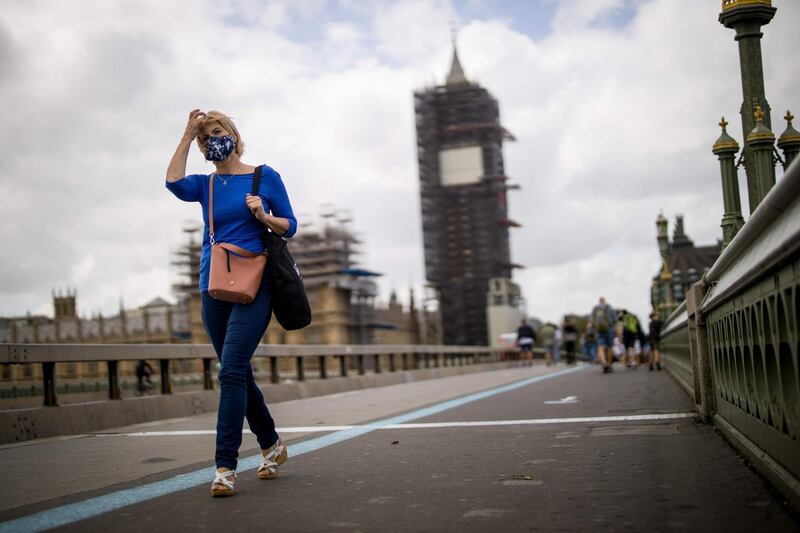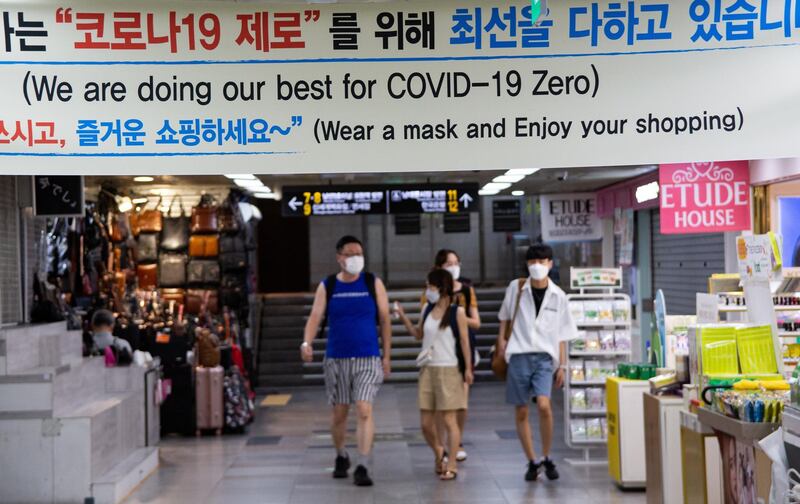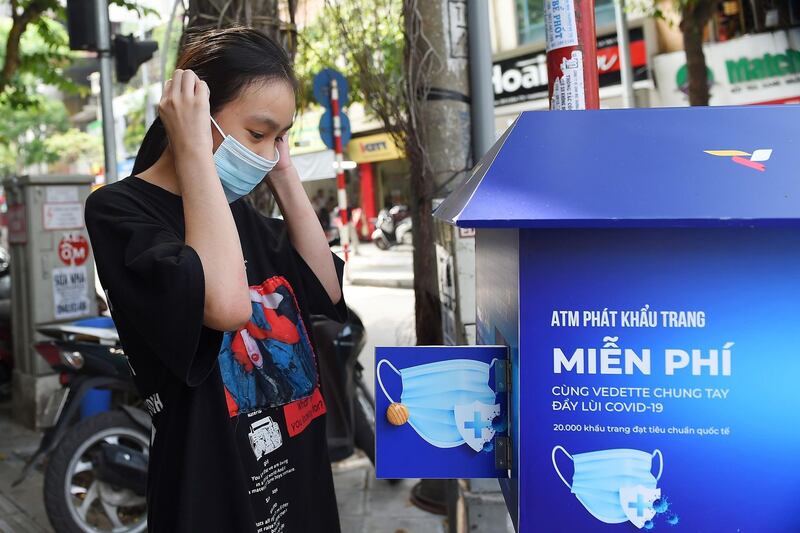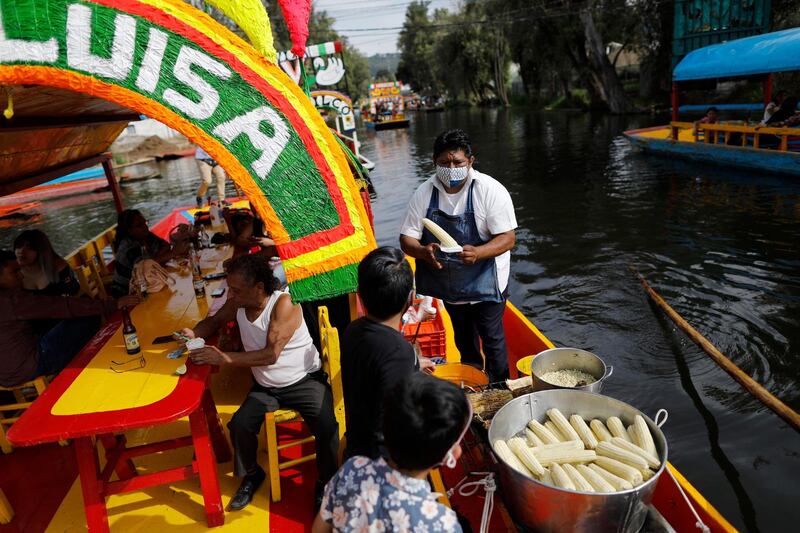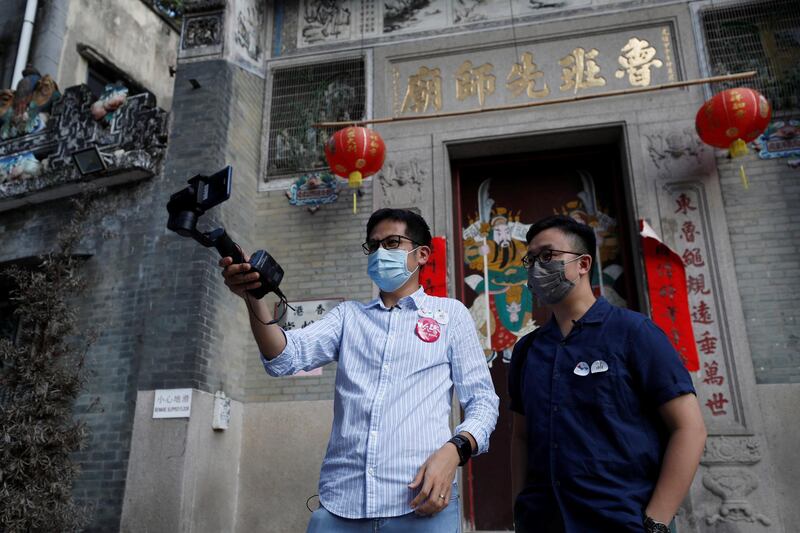The Covid-19 pandemic has made people in the UAE better neighbours, more conscientious consumers and has bonded families, according to a YouGov survey.
A poll of 1,000 residents and Emiratis sheds light on how the wide-ranging impact of coronavirus has changed daily habits.
As a result of social-distancing measures, a fifth of respondents said they have done more for neighbours since the outbreak began.
About a quarter of people said they dedicated more time to elderly relatives and a fifth of Emiratis volunteered more than before the crisis.
Out of adversity, the outbreak has prompted communities to rally together to support those less fortunate during turbulent times.
Charitable organisations across the Emirates called on the generosity of the public to deliver vital food supplies for communities hardest hit by the pandemic.
In April, The National reported that volunteers in Dubai distributed more than 31,500 meals to needy residents in Naif, Satwa, Hatta, Jebel Ali and Al Warsan.
In the same month, Sheikh Abdullah bin Zayed, Minister of Foreign Affairs and International Co-operation, launched a nationwide volunteer initiative to help combat the coronavirus outbreak.
The Higher National Committee for Regulating Volunteering during Crisis was established to help co-ordinate the activities of all those eager to give their time freely to limit the impact of Covid-19.
The survey revealed that half of UAE residents have spent more time with family. This was possible for two thirds of respondents who earned a monthly salary of Dh10,000 to Dh20,000 and for just under half of those who earned Dh5,000 or less.
Kearney Middle East, a business consultant company, released the survey with a broader report on positive changes since the UAE adopted Covid-19 prevention measures.
These include an increase in home exercise and healthier eating, more volunteering initiatives and a temporary drop in carbon emissions as people curbed travel.
“Despite maintaining physical distance, the current situation has made society more empathetic towards the most vulnerable and has brought communities closer together,” Andreea Zugravu, an economic advisor at Kearney, said.
“The sanitisation drive and social-distancing measures have allowed people to break away from the norm and connect more with their families, friends and communities.”
Residents are better at making do with less, the survey suggests. It found just under half of respondents had cut back on food waste and a quarter reduced water and electricity consumption.
People aged 45 and older were most likely to have reduced consumption.
Just over two thirds of women and half of men cooked and cleaned more, as families stayed home, while men and women reported an equal increase in helping children with online learning.
People said they grew more conscious in their consumption, with 14 per cent of respondents making a greater effort to buy environmentally-friendly brands. Additionally, one in three bought more locally produced food.
Finally, stay at home measures kept cars parked.
About 44 per cent of people earning more than Dh40,000 a month said they used vehicles less often, as did 16 per cent of respondents earning of Dh5,000 or less a month.
These changes could have lasting effects, said Ms Zugravu.
“These positive family, societal and sustainable behaviours have the potential to shape the right community values for the next 50 years if maintained post pandemic.”
